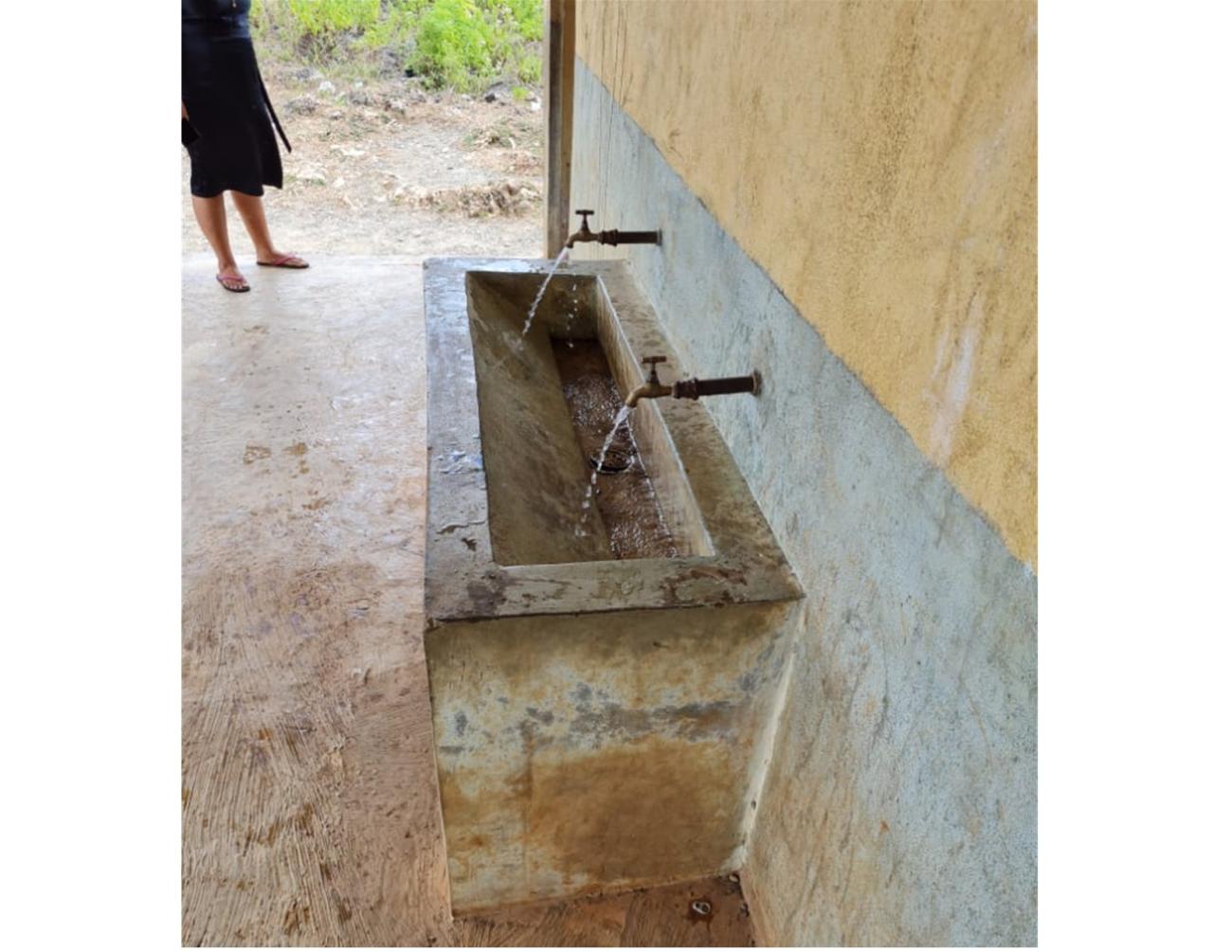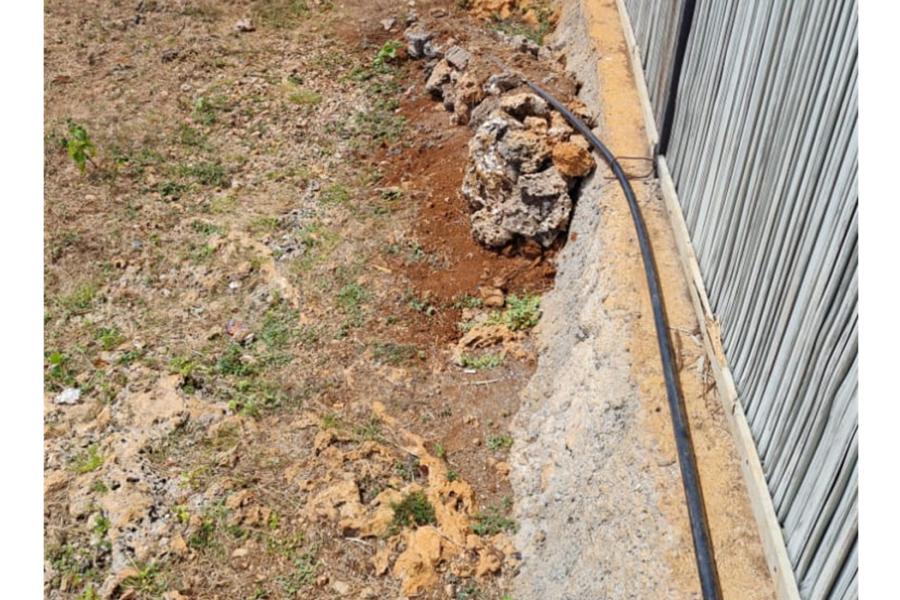Clean water flows to school in rural Timor-Leste for the first time in ten years

An innovative funding scheme by the Ministry of Education Youth and Sports, supported by UNICEF and the Global Partnership for Education
is helping bring water to rural schools in Timor-Leste and helping keep students safe from COVID-19
Eskola Basic Filial or EBF Zona Golgota-Baucau school has 211 students, 99 girls and 112 boys. It sits on a plateau, offering stunning views of the beaches and crystal-clear waters of the ocean in Baucau Municipality, east of the capital Dili. However, for close to a decade since it opened, the school had difficulties accessing water.
Students and teachers had to use the lunch break to walk to a communal water pipeline a kilometre away, and then carry heavy buckets of water along the rocky paths back to the school. The water was used for handwashing, cleaning of the school, and even to stop the dust from blowing around during the dry season.
“It is a tough choice, as staff, children and I used almost the entire break to fetch water instead of giving children time to play. But there was no choice, as water was critical to help with handwashing, sanitation, and cleanliness, and keep children safe from disease,” says Ana Floriana dos Santos Marques, the Principal of EBF Zona Golgota school.

A small-grant scheme called ‘Fundu Ki’ik’ (Small Grant), launched in March 2021 by the Ministry of Education, Youth and Sports, with funding from the Global Partnership for Education (GPE) and support from the United Nations Children’s Fund (UNICEF) is helping at least 240 schools in the 12 municipalities and special Region of Oecussi enclave improve access to clean water and help them protect children against COVID-19 and other diseases like diarrhoea.
“The lack of clean water results in children falling ill and missing out on studies, and has a big impact on girls’ education when they skip classes owing to the lack of adequate facilities for menstrual hygiene management.” says H.E. Dr. António Guterres, Vice Minister of Education Youth and Sport. “This scheme will help make schools safer and provide the facilities needed in schools, and enable children to continue learning during the pandemic.”
Under the scheme, selected schools are provided a maximum of USD 1,000 each to help them improve access to water, sanitation and hygiene facilities and promote a safe and secure environment for learning, including preventing the spread of COVID-19 and other diseases. To date, 74 schools have benefitted from the scheme in all municipalities.
“For the first time in a decade, our school has running water and students can now have more time to play, instead of having to go and fetch water for their basic needs,” adds Principal dos Santos Marques. “Teachers also have more time to prepare lessons and support students.”
Initially, people thought that it would require highly sophisticated equipment and support from engineers to install the plumbing works. However, a team effort by parents, school staff and community members has helped ensure the school now has clean running water. They purchased plumbing materials, dug a channel to divert water, installed and connected the pipeline to the main water source, the water tank and handwashing and other facilities.
“The spirit of volunteerism, participation and collaboration among parents has helped make the school safer, and make our community stronger,” says Mr Francisco da Costa, one of the community members.
“I am extremely happy we have water, and more importantly, can use the break to play, catch up with friends, and not have to worry about having to get water for use in the school,” says Ines Ximenes, a 12 years old child at the school.
“Thanks to the Global Partnership for Education and UNICEF initiative, we can now be happy that schools such as these that did not have direct access to water can now be safer learning environments for children,” says Apolinário Serpa Rosa, Director General for Basic Education, Pre-school, and Recurrent Education.
-----END----





